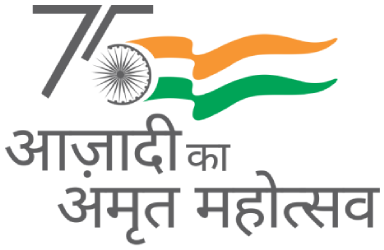Pankaj Singh Dangi
Department of Irrigation and Drainage Engineering, Vaugh Institute of Agricultural Engineering and Technology, Sam Higginbottom University of Agriculture, Technology & Sciences (SHUATS)
Prayagraj (U.P), Email: pankajthakur.03sep@gmail.com
Received on: May 20, 2023
Revised on: August 10 2023
Accepted on: August 20, 2023
ABSTRACT
Flood is a natural disaster which results in huge economic loss. Many parts of the country were influenced because of the flood. Floods usually occur past mid-monsoon when the catchment is wet and has no more space to absorb water. Heavy precipitation, usually coming during the end months of the summer season and is associated with sudden cloudbursts, leads to severe flooding. The present study describes the application of the HEC-RAS Model for flood studies in the rivers Ganga and Yamuna at Sangam Allahabad. The peak flood records were used as inputs into the HEC RAS model to find out the resultant expected flood levels. The resultant output generated by the model shows that bunds are safe on maximum river lengths. River stations between 42.5 km to 37.5 km from Sangam on the river Yamuna and the river stations between 57.5 km to 52.5 km (near the upstream end of Ganga), 7.5 km to 6 km (Near Sangam) and 27 km to 36 km (near the downstream of G+Y) on the river Ganga in vulnerable conditions. This study was done for the return periods of 25 years, 50 years and 100 years on the rivers Yamuna and Ganga near Sangam. The purpose is to give a hand to policymakers, planners and insurers, to develop a robust strategy for the development of flood mitigation measures and plans to minimize the losses associated with the flood problems in the study area.
Keywords: Flood, Return periods, HEC-RAS, Rivers Ganga,Yamuna, Sangam, Allahabad.

